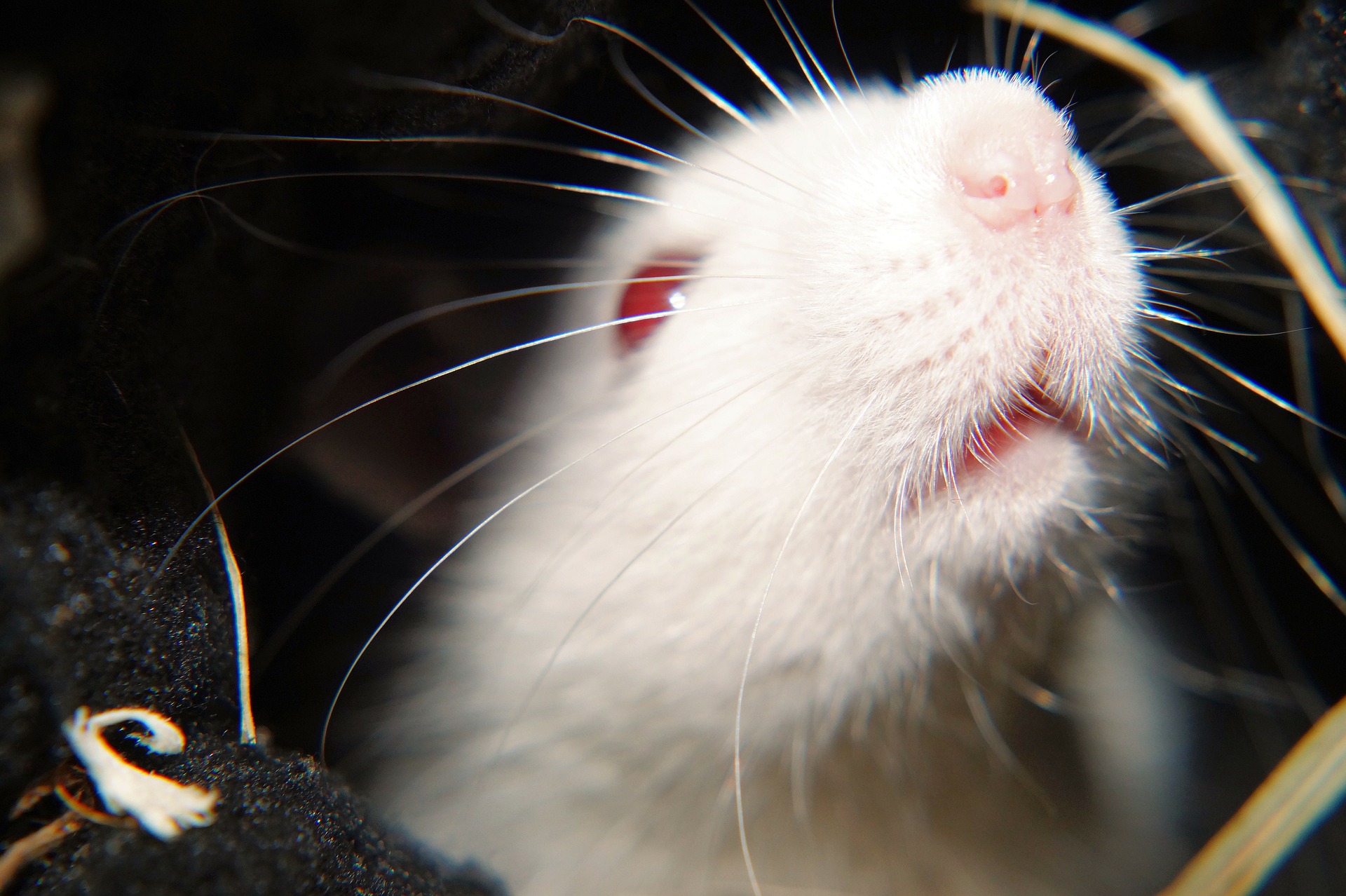‘Mini-brains’, the size of a housefly’s eye, are being produced in batches of over a thousand at a time by researchers at the Johns Hopkins Bloomberg School of Public Health. The minute models of the brain – tiny collections of cells that are genetically programmed to grow into brain cells – are developed from human skin and may end up replacing animals in lab tests of new pharmaceuticals.
Currently most drug tests are carried out upon mice and rats, but ninety-five percent of these potentially promising new products ultimately prove useless when tested upon humans, as our brains do not function in the same way as those of rodents, said research leader Thomas Hartung in a statement from the university:
While rodent models have been useful, we are not 150-pound rats. And even though we are not balls of cells either, you can often get much better information from these balls of cells than from rodents.
The brains are grown in the lab over a period of about two months, one hundred to a petri dish. Although other types of the so-called mini-brains already exist, Hartung says that, unlike his, they often successfully mimic the structure of the human brain but not the manner in which it functions. He also points out that his particular version is the most standardized, and therefore is potentially more useful in obtaining consistent and reliable data in clinical tests of drugs.
Professor Hartung now intends to patent his mini-brains and to begin producing them commercially later in the year so that other institutions may benefit from their use.
In a recent article on the subject, the Baltimore Sun lists many potential uses for Hartung’s mini-brains, and others like them, saying they may prove useful in gaining further understanding of medical conditions and diseases such as Autism, Alzheimer’s, Cockayne syndrome, Parkinson’s, and dementia. Hartung hopes his invention may soon put many laboratory animals out of a job, as he stated that he and his fellow researchers “believe that the future of brain research will include less reliance on animals, more reliance on human cell-based models.”
























